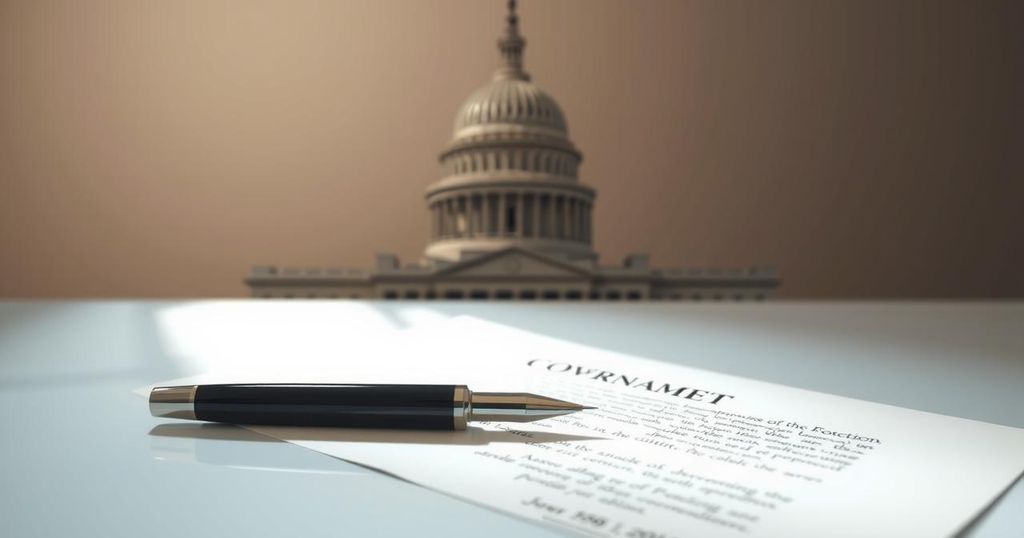Sudan’s RSF has signed a constitution enabling the formation of a parallel government. This comes amid ongoing conflict with the army, displacing millions. The constitution outlines governance responsibilities, and the RSF plans to announce the government in Sudan. Kenya faces backlash for hosting the RSF, with accusations against its president of affiliation with militia sponsors.
The Rapid Support Forces (RSF) of Sudan, alongside its allies, have formally signed a constitution that facilitates the establishment of a parallel government. Ahmed Tuqud Lisan, a member of the Sudan Founding Alliance, confirmed that the constitutional document was signed in Nairobi.
For nearly two years, the RSF has been engaged in conflict with the regular army, resulting in the displacement of over 12 million individuals and creating a humanitarian crisis identified by the United Nations as the worst globally. Last week, the RSF and its coalition pledged to form a “government of peace and unity” in regions under their control.
The recently signed transitional constitution delineates the responsibilities during this transitional phase, the decentralized governance structure, and the organization of executive authority. Lisan indicated that the next phase will involve announcing the formation of the government within Sudan itself.
Kenya is facing criticism for its role in hosting the RSF and its allies, which led to the Sudanese government recalling its ambassador last month in protest. Sudan’s foreign ministry has accused Kenyan President William Ruto of pursuing personal and commercial interests linked to the militia’s regional sponsors.
The constitution has been endorsed by 24 signatories, including RSF deputy Abdel Rahim Dagalo. The ongoing conflict has divided Sudan, with the army controlling the northern and eastern territories, while the RSF dominates much of Darfur and parts of the southern region.
In conclusion, the signing of the transitional constitution by the RSF in collaboration with its allies marks a significant step towards establishing a parallel government amidst a prolonged conflict that has resulted in widespread displacement and humanitarian challenges in Sudan. This development positions the RSF for potential governance in rebel-held territories, despite criticism directed at the facilitation of these meetings in Kenya.
Original Source: www.arabnews.com




